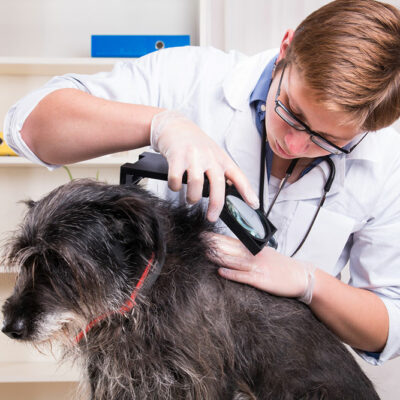3 effective treatment options for rotavirus

Rotavirus is a specific type of virus that causes a wide range of gastrointestinal disorders in children and adolescents. This may often lead to symptoms like watery diarrhea, vomiting, fever, and abdominal pain. This virus is transmitted via contact with infected surfaces, and it is most commonly passed through fecal-oral contact. The best way to avoid getting infected is by getting the rotavirus vaccine.
If your child is infected by rotavirus, the doctor may recommend immediate hospitalization to prevent any further complications. The following are a few treatment methods that can be opted for when treating a rotavirus infection:
- Oral rehydration therapy
One of the biggest problems that a child suffering from a rotavirus infection may face is the loss of fluids, which can lead to severe dehydration. If an infant is suffering from such an infection, they must be given small amounts of fluids at regular intervals or must be nursed frequently. It is also recommended to use an oral rehydration solution to avoid severe dehydration. If the child is severely dehydrated, they may need to be provided with extra fluids through intravenous or intraosseous lines.
- Probiotics
A child who is infected with this virus can experience a weakened immune system that needs to be remedied to avoid any further infections and diseases. Regular intake of probiotics is known to be effective in improving immunity in children and preventing foreign antigens from entering the body. Moreover, these probiotics may also help improve gut health in children. - Other medications
There are several other medications that might be prescribed to treat protozoal or helminthic infections in the intestines. These infections are a common occurrence in children suffering from rotaviral gastroenteritis, and are usually treated by prescribing medications containing nitrothiazole-benzamide compounds. Although such children may suffer from watery diarrhea, antidiarrheal medications are usually not given to them. This is because the virus is known to exit the body through fecal matter, and any antidiarrheal medication will delay this process and prolong the duration of the disease. If necessary, medications containing an anti-secretory drug called acetorphan can be given to reduce diarrhea without delaying the recovery process.




